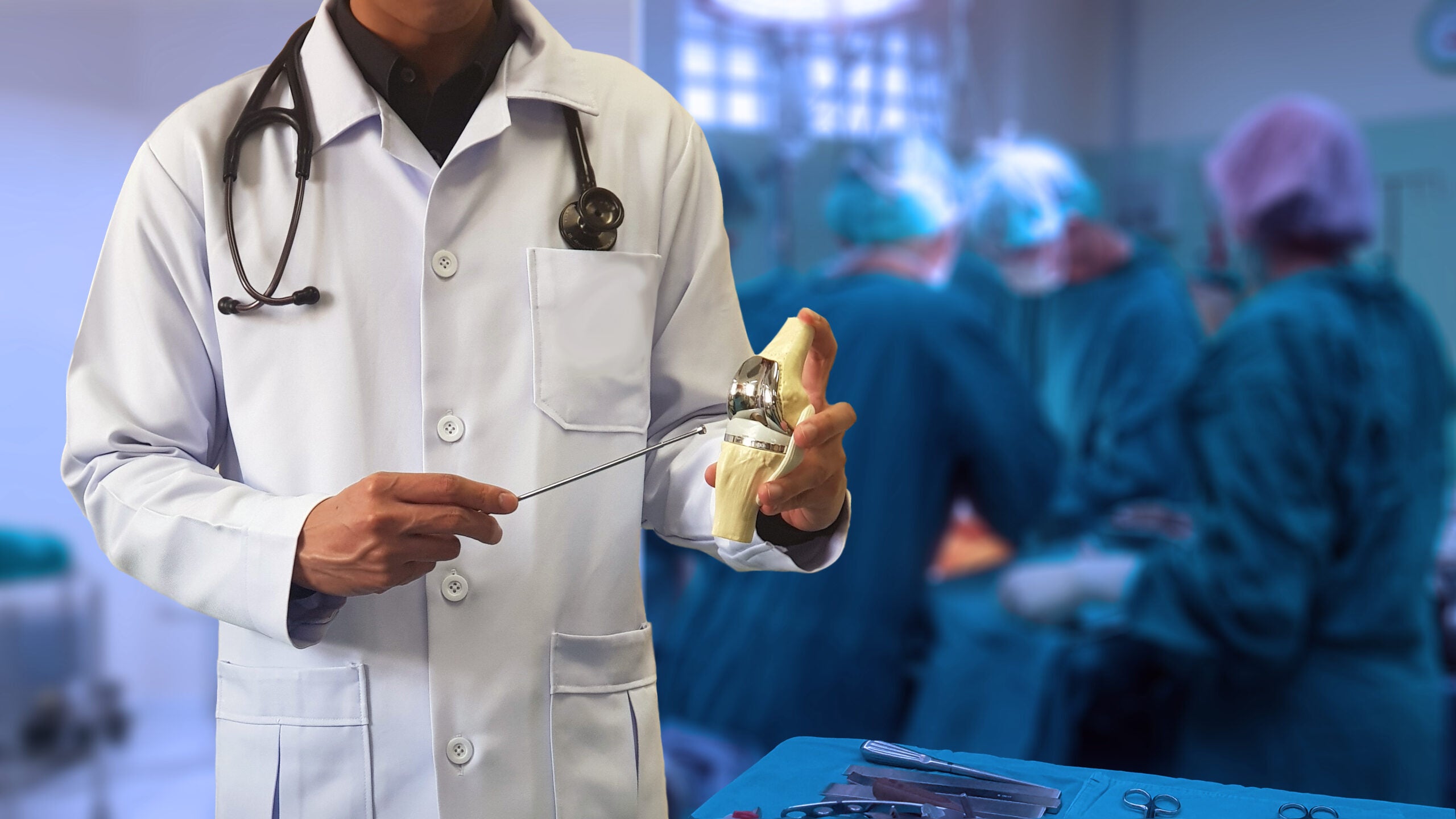
Takeaways • Robot-assisted surgery (RAS) is now an option in many specialties and for adult and pediatric patients; RAS-related ethical issues include access and patient privacy. • Intuitive Surgical continues to dominate the marketplace, but many companies are working on expanding their range of options. • Some current trends and…

By 2022, orthopedic procedures performed in ambulatory surgery centers (ASCs) were already outpacing expectations. For years, total hip and knee replacements were considered too complex for same-day surgery. Yet, total joints replacement volumes jumped nearly 200% between 2020 and 2022—outpatient total knee arthroplasty surged nearly 194%, while total hip arthroplasty…

Editor's Note University of California San Francisco (UCSF) became the first university to certify medical students as robotic surgery bedside assistants, giving future surgeons unprecedented hands-on training in a rapidly growing field, an August 25 UCSF news release reports. The program reportedly positions learners alongside attending surgeons, nurses, and scrub…

Editor's Note Early findings indicate the da Vinci 5 (DV5) platform’s force feedback technology can reduce the amount of force surgeons apply to tissue, potentially minimizing trauma during colorectal surgery. According to a pilot study published in the American Journal of Surgery on July 10, the feature allows surgeons to…

Ambulatory surgery centers (ASCs) are taking on more high-acuity, same-day procedures than ever before. This growth is driven by evolving clinical protocols, cost-conscious reimbursement strategies, and expanded capabilities in outpatient care. Specialties like orthopedics, spine, ophthalmology, and cardiovascular care are moving more complex cases—and the implants that come with them—out…

As we celebrate National ASC Month, it is worth recognizing how central ambulatory surgery centers (ASCs) have become to modern healthcare. Today, there are more than 12,000 ASCs across the US, including over 6,500 Medicare-certified facilities operating some 18,800 surgical suites. With over 80% of all surgical procedures being performed…

Editor's Note The World Health Organization (WHO) and the Society of Robotic Surgery (SRS) have launched a joint initiative to expand equitable access to virtual care and telesurgery, according to a WHO departmental update published August 8. The partnership, formalized in July at the SRS Annual Meeting in Strasbourg, France,…
Editor's Note Most US health systems are choosing artificial intelligence (AI) tools from vendors already connected to their electronic health record (EHR) systems rather than from new, standalone AI startups, Modern Healthcare August 14 reports. The findings come from a July survey of 233 health systems conducted by the Healthcare…

Editor's Note Robotic-assisted surgery is proving to be a strong option for emergency colorectal procedures, offering lower complication rates, shorter hospital stays, and fewer conversions to open surgery than conventional approaches. According to a July 23 article from the Journal of the American College of Surgeons, this approach—long established in…

Editor's Note A mixed reality navigation (MRN) system for neurosurgery achieved performance comparable to traditional optical navigation (TON) in certain clinical scenarios, while significantly reducing equipment costs, according to an August 1 study published in BMC Surgery. The MRN system, built around a Microsoft HoloLens headset and infrared tracking tools,…